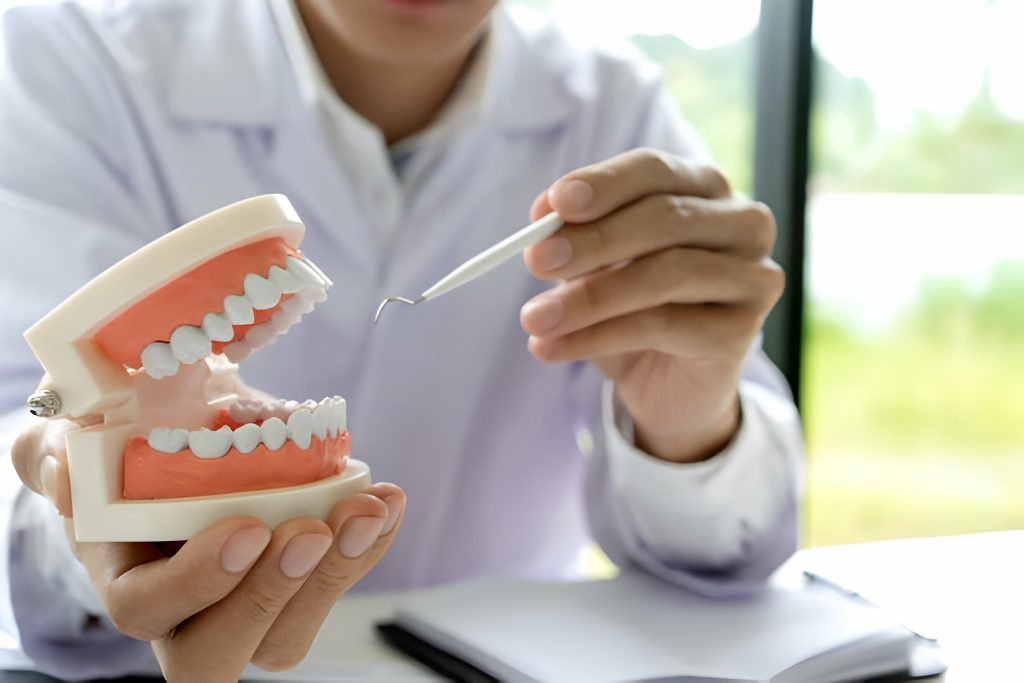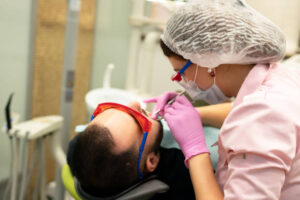Welcome to our informative guide on the topic of fitting dentures to receding gums. Receding gums can be a concerning issue, but it doesn’t mean that dentures are out of the question. In this article, we will explore the challenges posed by receding gums. We will also examine their impact on dentures. Lastly, we will discuss the various solutions available. They will help you enjoy a comfortable and functional denture experience. Let’s delve into this dental matter step by step.
Understanding Receding Gums
Receding gums, also called gum recession, occur when the gum tissue starts pulling away from its usual position around the teeth. This condition can result from several factors, including gum disease, genetics, aging, or even direct gum tissue injury. Gum recession can pose significant challenges when it comes to fitting dentures securely. It happens regardless of the cause.
The Impact of Insufficient Gum Tissue
When there’s not enough gum tissue to support traditional Dentures, various issues can arise. Dentures may not have a stable base to rest on. This can lead to discomfort, instability, and difficulty with eating and speaking. But don’t worry; there are alternative solutions available to address this problem effectively.
Exploring Alternative Solutions
Dental professionals have several techniques and procedures to help individuals with receding gums. They can enjoy the benefits of dentures. Let’s explore these options:
- Dental implants involve placing titanium posts in the jawbone. The posts serve as anchors for the dentures. This approach provides a secure foundation for dentures. It works even when gum tissue is limited.
- Partial Dentures replace only the missing teeth. This reduces the dependence on gum support and improves overall fit.
Addressing Gum Recession
Dentists employ various techniques to address gum recession, depending on its severity:
- Gum grafting: involves taking a small piece of mouth tissue from one area. Then, attaching it to the receded area. This covers the exposed tooth root and restores the gumline.
- The Pinhole Surgical Technique (PST): involves creating small incisions in the gum tissue. Then, surgeons reposition the tissue to cover the receded areas. This minimally invasive procedure typically results in less discomfort and a quicker recovery.
- Oral hygiene: recommend proper brushing and flossing techniques to prevent further gum recession. This is part of oral hygiene measures. This helps maintain oral health.
Strengthening Gums for Dentures
Maintaining good oral hygiene practices is crucial for strengthening gums. Here are some tips:
- Gently: but thoroughly brush your teeth and gums at least twice a day. Use a soft-bristled toothbrush.
- Floss daily; to remove food particles and plaque from between your teeth and along the gumline.
- Consider: using an antimicrobial mouthwash to control bacteria.
- A balanced diet: rich in vitamins C and D can contribute to gum health and support tissue healing.
- Regular dental: check-ups are essential for early detection and treatment of gum problems.
Dealing with Bone Loss
Even if you’ve experienced bone loss, you can still wear dentures. Here’s how:
- Implant-Supported Dentures: Dental implants are placed in the jawbone. They provide a strong foundation for attaching the dentures. They help prevent further bone loss. They also offer increased stability and support for the dentures.
- Bone Grafting involves adding bone material to the affected area. This rebuilds the bone structure. It restores the necessary support for dentures.
Conclusion
In conclusion, don’t let receding gums stop you from enjoying denture benefits. Dental professionals use many techniques and procedures to address gum recession challenges. Dental professionals use a variety of techniques and procedures. They address challenges caused by gum recession. Individuals with receding gums can overcome these challenges by maintaining good oral hygiene. They can also seek professional dental care. They can then achieve a comfortable and functional denture experience. Your smile and oral health matter. Solutions are available to ensure you can enjoy them to the fullest.
For more information click here
Frequently Asked Questions (FAQs)
An I get dentures if my gums are receding?
Yes, it’s possible. Dentists can use dental implants or partial dentures to provide stability. This is possible even with receding gums.
Is gum grafting painful?
Gum grafting can cause mild discomfort. However, it’s usually manageable with over-the-counter pain relievers.
Can I strengthen my gums with supplements?
A balanced diet rich in vitamins can help gum health. However, supplements should be taken under professional guidance.
What’s the recovery time for pinhole surgery?
Pinhole surgery for gum recession often results in a quicker recovery than traditional gum grafting. Recovery typically takes only a few days.
Can I eat normally with implant-supported dentures?
Yes, implant-supported dentures allow for more comfortable eating and speaking. They provide a more natural experience.






